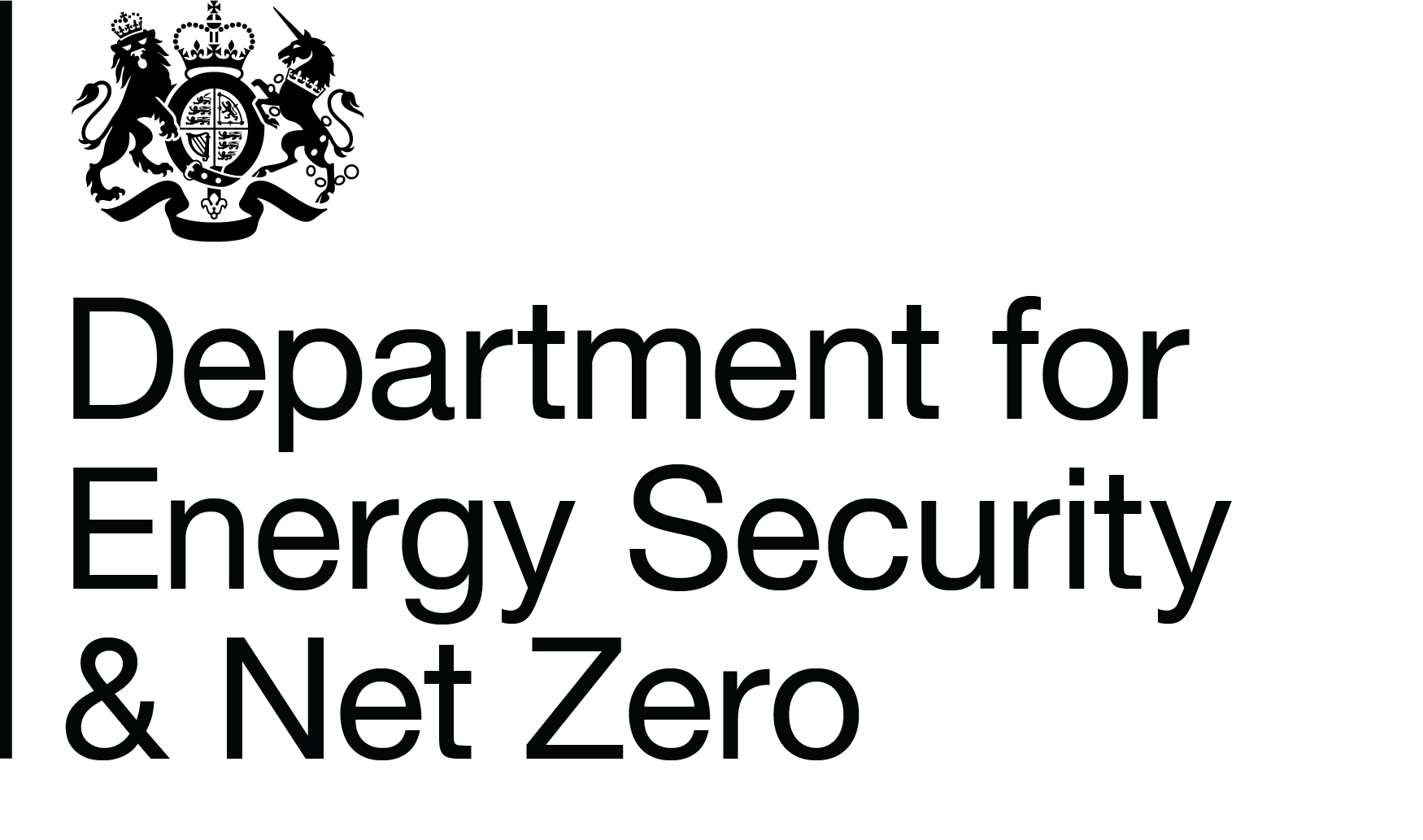Competencies for regulators
Overview

Your views are sought on our proposed core competencies for front-line regulators. There are five specific questions on which we would like your feedback. The deadline for responses is 15 April.
The draft core competencies comprise a set of statements providing a firm foundation for the work of all front-line regulators, without being too prescriptive. Our intention is that they will replace the existing core regulatory skills on the RDNA tool, originally developed in tandem with local and national stakeholders and launched in November 2011.
Competency Statements
Context
A1 Understanding of the role of regulation as a tool of Government
A2 Ability to work within the wider regulatory framework
A3 Ability to work towards your organisation’s regulatory objectives
A4 Ability to work with the legislation relevant to your regulatory function(s)
A5 Ability to work within your organisation’s regulatory policies and procedures
A6 Understanding of the role and responsibilities of partner organisations
Risk Assessment
B1 Ability to assess regulatory risks
B2 Ability to gather, analyse, use and share data to inform risk assessment
B3 Ability to use risk assessment to guide your activities
B4 Understanding of risk management in a business context
Understanding Those You Regulate
C1 Understanding of the current business environment and the business sector(s) regulated
C2 Understanding of how regulation and the way it is enforced can impact on the businesses regulated
C3 Understanding of the factors that affect business approaches to compliance
C4 Ability to engage constructively with business
C5 Ability to tailor your approach to businesses that you interact with
Planning Your Activities
D1 Ability to act within your role and area(s) of responsibility
D2 Ability to make appropriate intervention choices, drawing on your understanding of the context in which you operate, of those that you regulate, and of the use of risk-based approaches so as to have the greatest impact
D3 Ability to work effectively with other organisations
D4 Ability to plan your work, and that of your team, so as to deliver your responsibilities efficiently
Checking Compliance
E1 Ability to prepare appropriately for checks on compliance
E2 Ability to conduct interventions in a proportionate manner
E3 Ability to be responsive to the circumstances encountered
E4 Ability to make informed assessments of compliance and risk
E5 Ability to follow-up on checks on compliance in an appropriate manner
Supporting Compliance
F1 Understanding of the need for compliance support amongst those you regulate
F2 Ability to promote the importance of compliance, and your organisation’s role in supporting compliance
F3 Ability to communicate in appropriate ways to suit the circumstances
F4 Ability to provide the information and guidance that is needed by those you regulate
F5 Ability to provide the tailored advice that is needed by those you regulate, where appropriate
Responding to Non-compliance
G1 Ability to select proportionate responses to non-compliance and potential non-compliance
G2 Ability to communicate effectively with businesses that have failed to comply
G3 Ability to conduct thorough investigations of non-compliance and allegations of non-compliance
G4 Ability to prepare and implement effective enforcement action
G5 Ability to provide appropriate support for those adversely affected by non-compliance
Evaluation
H1 Ability to monitor and report on your activities and performance
H2 Ability to evaluate your activities in relation to your regulatory objectives and your organisation’s strategic priorities
H3 Understanding of the value of feedback from those you regulate, and the beneficiaries of regulation in informing future activities.
Why your views matter
This is a key aspect of our wider review of the common approach to competency, in the light of the input we have received and our current priorities, which include supporting the work to establish the new regulatory apprenticeship proposed by a group of professional bodies and local and national regulators.
Audiences
- Central government
- Individual
- Regulator
Interests
- Regulation and red tape

Share
Share on Twitter Share on Facebook